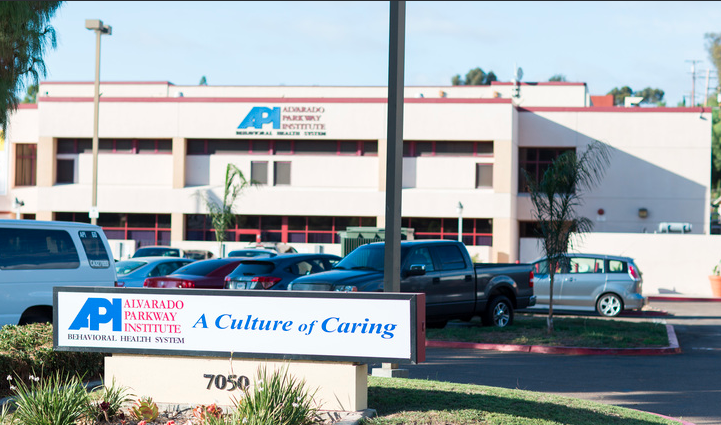Thanks to advancements in medical and psychological studies, we now understand how important it is to treat addiction and mental health issues together. Here are 8 things you should know Dual Diagnosis treatment:
For many years, people suffering from both addiction and mental health disorders had to seek separate treatment for each. In many cases, treatment for mental illness had to wait until the person was clean and sober. Unfortunately, substance abuse is often the result of underlying mental health disorders, which means patients suffering from both were unable to get the help they needed.
Thanks to advancements in medical and psychological studies, we now understand how important it is to treat addiction and mental health issues together. This combination mental illness and addiction is now called Dual Diagnosis, and effective treatment requires simultaneous attention to both. Here are 8 things you should know Dual Diagnosis treatment:
1. Dual Diagnosis is more common than you think
According to the Journal of the American Medical Association, 37% of alcohol abusers and 53% of drug abusers also have at least one serious mental illness. Conversely, of those diagnosed as mentally ill, 29% abuse either alcohol or drugs.
2. Dual Diagnosis can go beyond drugs and alcohol
Any combination of mental illness and addiction can qualify as Dual Diagnosis. Other addictions that often accompany mental health disorders include gambling, stealing, food, sex, pornography, shopping, and even exercising.
3. Patients with a Dual Diagnosis are high-risk for suicide
Coping with mental illness is difficult enough on its own, but when coupled with addiction, the risk of suicide significantly increases. Patients with Dual Diagnosis are also at high-risk for violent episodes, directed at themselves or others.
4. Dual Diagnosis treatment requires specialized care
One aspect of Dual Diagnosis that complicates treatment is the difficulty in determining the root of certain symptoms. As an example, depression can be caused by substance abuse, or it can be the underlying reason for addiction. Pinpointing the root of the problem can be a challenge for medical professionals who are not experienced with Dual Diagnosis patients.
5. Dual Diagnosis treatment takes time and patience
Whether a patient is seeking treatment for substance abuse or mental illness, there is no “quick fix.” When the two medical conditions are combined, treatment requires substantial patience as the patient recovers at their own pace.
6. Dual Diagnosis treatment can be inclusive
Patients seeking treatment for a Dual Diagnosis benefit the most from an inclusive treatment strategy that involves counseling, group meetings, and education not only for the patient but also for spouses, partners, and other family members.
7. Many rehab facilities are not equipped for Dual Diagnosis patients
Because Dual Diagnosis treatment is complicated and relatively new in the medical community, many drug and alcohol rehab facilities are not equipped to treat patients who are also suffering from mental illness.
8. Comprehensive Dual Diagnosis treatment offers the best results
With an emphasis on patience and integrated care, specialized Dual Diagnosis treatment centers offer the best hope for Dual Diagnosis recovery. At Alvarado Parkway Institute, our team of skilled physicians and mental health professionals use a multidisciplinary approach to the treatment of psychiatric and addictive disorders, including Dual Diagnosis programs.
For more information about our comprehensive inpatient and outpatient treatment programs, please reach out via the contact form on our website or call our 24-hour referral and crisis line at 619-667-6125.

